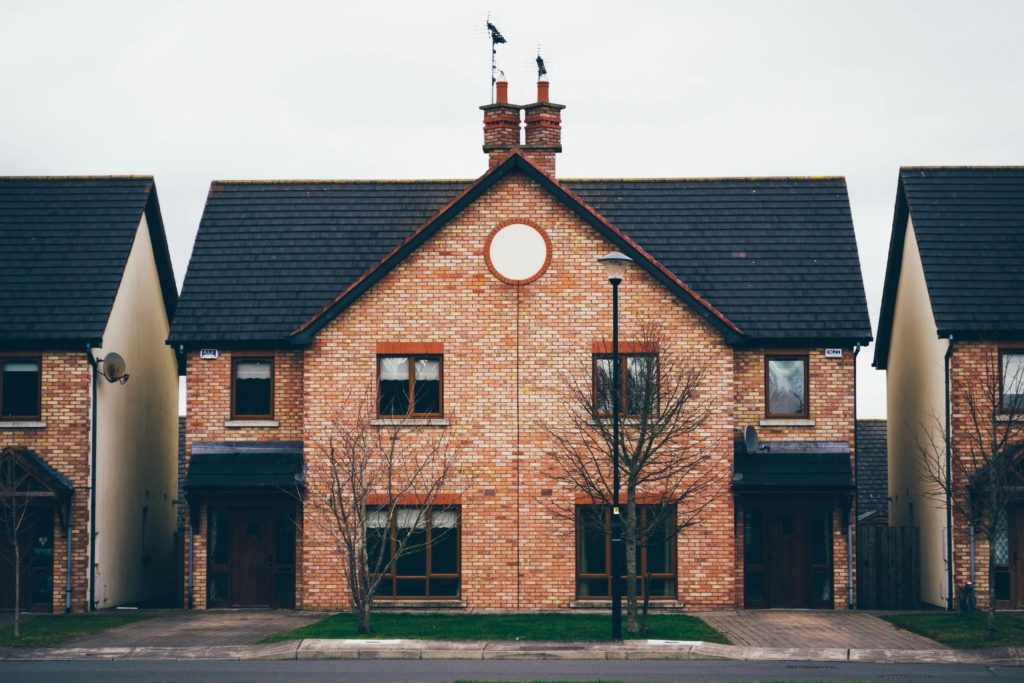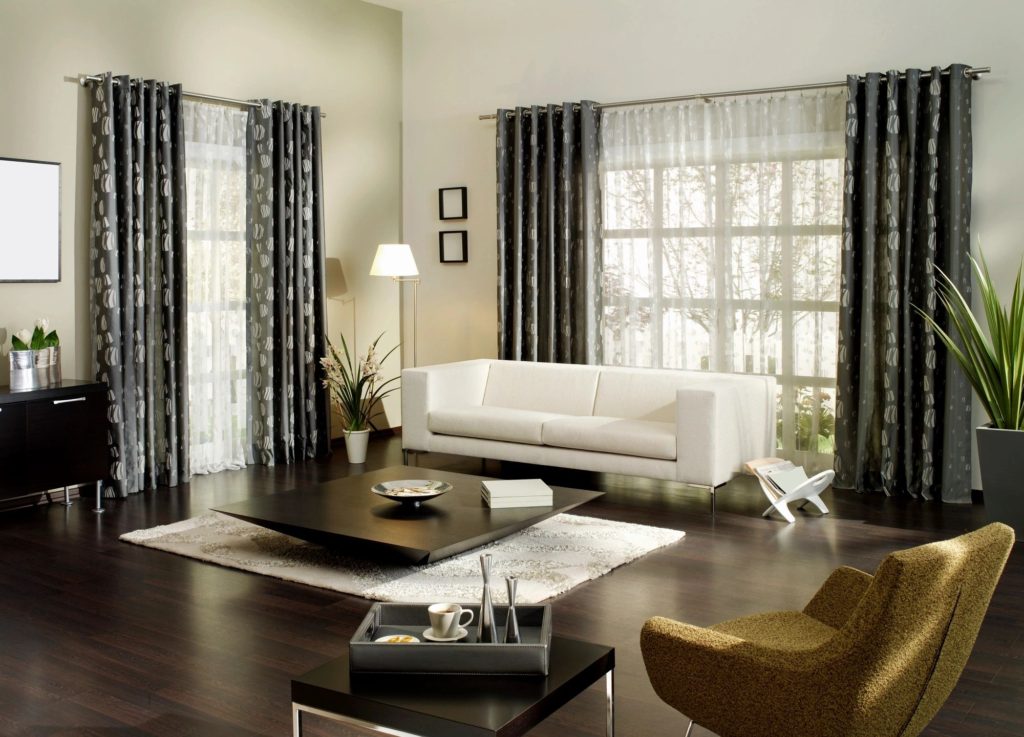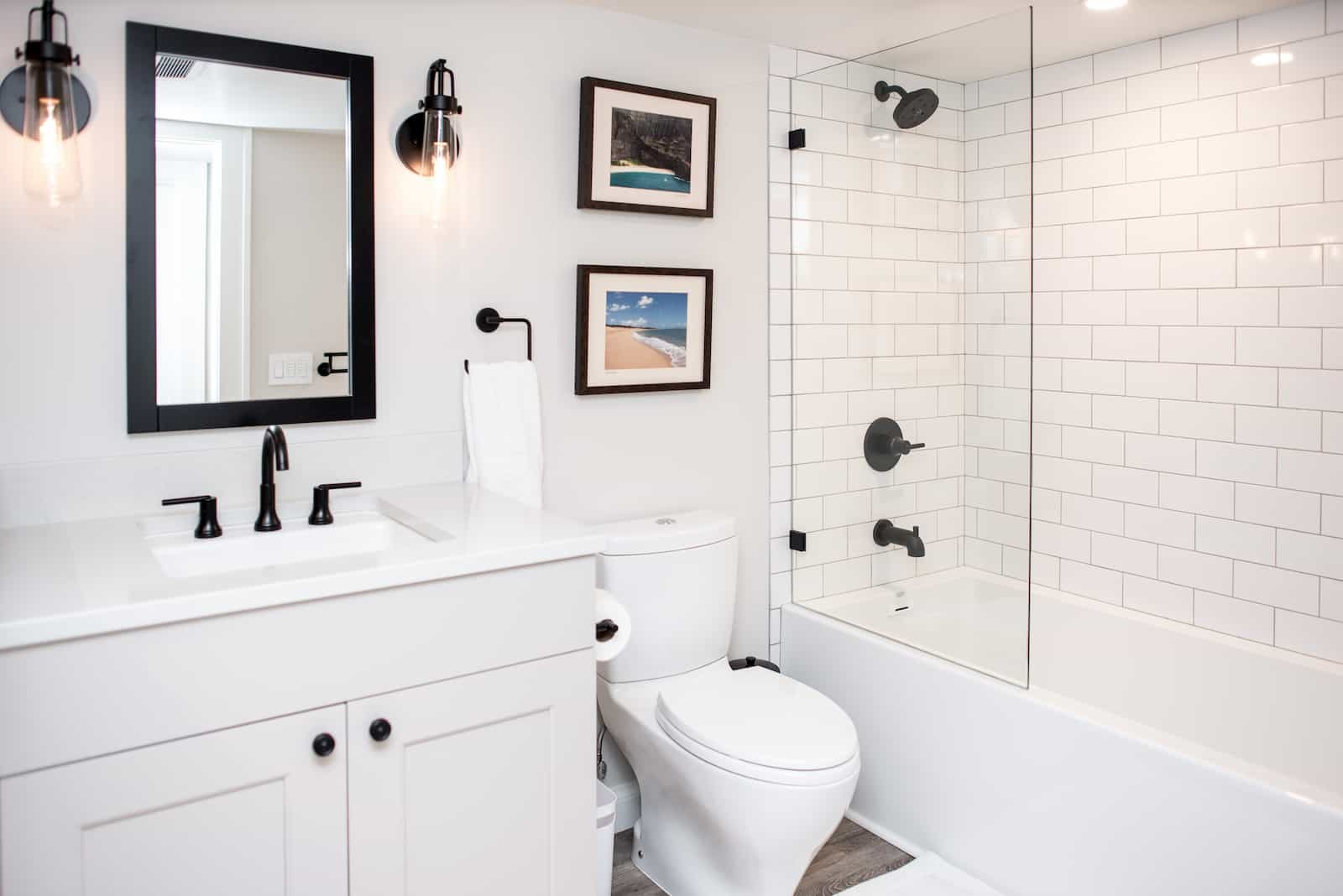
A Seller Disclosure is a set of documents completed by the seller of a home, listing any known issues with the property and any remodel projects completed during the time they owned the home. In most states, the seller is required to provide this disclosure within a few days of mutual acceptance. The buyer then has a certain amount of days to review the disclosures.
While mandatory disclosures can vary from state to state, here are some of the more common ones:
- Lead paint. You are required by law to provide a lead disclosure form. This is a federal law and applies to every state. Even if you believe the lead paint has been removed, it must be disclosed. If you are not aware that there was ever any lead paint you are not required to investigate.
- Asbestos disclosures. Up until the early 1970s, asbestos insulation was commonly used in both residential and commercial buildings. If your home contains asbestos, it can represent a significant health hazard. Before putting your property on the market, make sure to have the insulation removed by a firm that specializes in asbestos removal and cleanup. While it is legal to sell your home with asbestos, you MUST disclose the information if you know about it.
- Environmental hazards. If your property contains other environmental hazards such as oil, gasoline, or toxic chemicals, you must disclose the presence of these materials at the time of sale. If water has gotten into the home where it shouldn’t it may undermine the home’s structure and possibly create a health hazard if mold is growing. As a seller, you should disclose past or present leaks or water damage.
- Faulty equipment. If you are including any equipment in the sale of your business, you must disclose upfront whether or not any of that equipment is potentially faulty. It pays to have equipment that you are including in the sale checked beforehand.
- Natural hazards disclosure. These are fairly new. With all the flooding and hurricane damage to properties in the last few years, it is now necessary to let the buyer know the good, the bad, and the ugly about your property. Is your home located within a natural hazard zone? Such as an earthquake fault, a seismic hazard zone, seasonal flooding, or wildfires?
- Miscellaneous disclosure. To be on the safe side, you should disclose everything there is to know about your property at the time of the sale. Most state laws mandate that disclosures be on special forms that the seller must sign and date. Be sure the buyer acknowledges receipt of the disclosures by signing and dating the forms as well. If your state doesn’t require a specific disclosure form, be sure the buyer otherwise affirms receipt of your disclosures in writing.
There can and will be legal backlash for the Realtor and the seller if any problems are knowingly withheld from the buyer.
The bottom line: If you are not sure if you should disclose something, you probably should. It is always best to have an experienced Realtor on your side to help you navigate these required legal disclosures. Even if a certain disclosure is not required in your state, but you know of information that could make a buyer uncomfortable, you should disclose it anyway. Beyond the moral reasons for being honest with the buyer, it will avoid the expense and hassle of a lawsuit down the road.

 See Our National Coverage Map
See Our National Coverage Map





